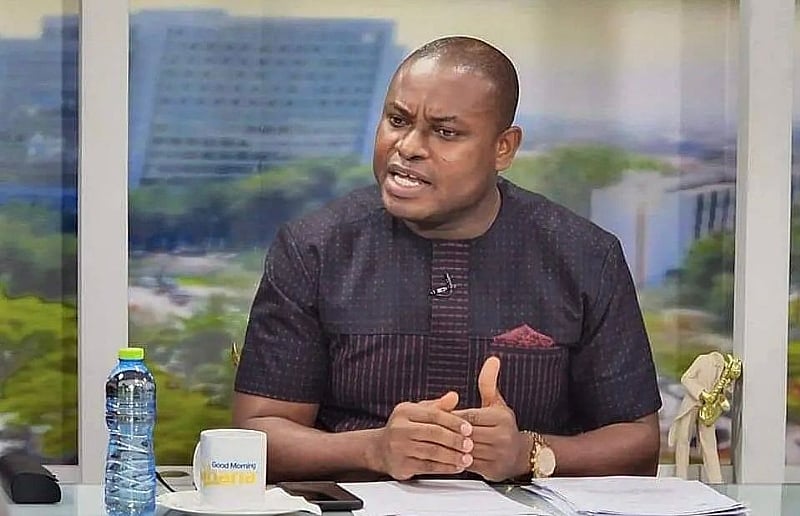The political arena in Ghana has witnessed a renewed clash between the ruling National Democratic Congress (NDC) and the opposition New Patriotic Party (NPP) following recent travel inconveniences experienced by President John Dramani Mahama. Richard Ahiagbah, the NPP’s National Communications Director, has pointedly criticized Samuel Okudzeto Ablakwa, the Foreign Affairs Minister and NDC Member of Parliament for North Tongu, attributing President Mahama’s travel challenges to Mr. Ablakwa’s past criticisms of former President Akufo-Addo’s use of luxury jets for foreign trips. This reignites a long-standing debate over the appropriate use of public funds for presidential travel and the role of opposition figures in scrutinizing government expenditure.
Mr. Ahiagbah’s argument hinges on the premise that Mr. Ablakwa’s vigorous campaign against former President Akufo-Addo’s travel arrangements has created a constrained environment for the current administration, limiting President Mahama’s travel options and resulting in the reported delays. He suggests a direct causal link between Mr. Ablakwa’s past actions and President Mahama’s recent experience, essentially arguing that the current travel difficulties are a consequence of the NDC’s own internal dynamics and past criticisms. This line of reasoning seeks to shift blame onto the NDC and portray them as the architects of their own problems, thereby deflecting attention from any potential shortcomings of the current administration in arranging presidential travel.
Mr. Ablakwa, however, has remained defiant, categorically rejecting calls for an apology and reaffirming his commitment to scrutinizing government spending. He defends his past actions as a necessary exercise of oversight, driven by the national interest and a desire to protect taxpayer funds. He maintains that his criticism of former President Akufo-Addo’s travel practices was justified and rooted in a principled stance against extravagant spending, a position that he insists has resonated with the majority of Ghanaians. This sets up a clear contrast between the two sides, with the NPP framing Mr. Ablakwa’s actions as disruptive and self-serving, while Mr. Ablakwa portrays himself as a defender of public resources.
The core of the disagreement revolves around the balance between the need for presidential comfort and flexibility in international travel and the imperative for fiscal responsibility. The NPP argues that the criticism of Akufo-Addo’s travel arrangements has unduly restricted the current government’s ability to provide efficient and comfortable travel for the President, potentially impacting his ability to effectively conduct international affairs. They imply that a certain level of expenditure on presidential travel is necessary for the smooth functioning of the presidency and the nation’s image on the global stage.
On the other hand, Mr. Ablakwa and presumably a significant portion of the NDC argue that the use of expensive chartered flights represents an unacceptable extravagance, especially given the economic challenges facing the country. They believe that presidential travel should be conducted in a more cost-effective manner, prioritizing commercial flights whenever feasible and reserving the use of private jets for exceptional circumstances. This perspective emphasizes the importance of frugality in government spending and the need to avoid the appearance of opulence, particularly in a context of economic hardship.
The ongoing exchange between Mr. Ahiagbah and Mr. Ablakwa underscores the broader political tensions between the NPP and the NDC, with each side attempting to leverage the issue of presidential travel to gain political advantage. The NPP seeks to portray the NDC as hypocritical and self-destructive, while the NDC positions itself as the champion of fiscal responsibility and accountability. This debate also highlights the ongoing struggle to define the appropriate level of expenditure for presidential travel in a developing nation, balancing the demands of international diplomacy with the need for prudent use of public funds. The differing perspectives reflect contrasting views on the role of the state and the appropriate use of taxpayer money, a debate that continues to shape the political landscape in Ghana.


